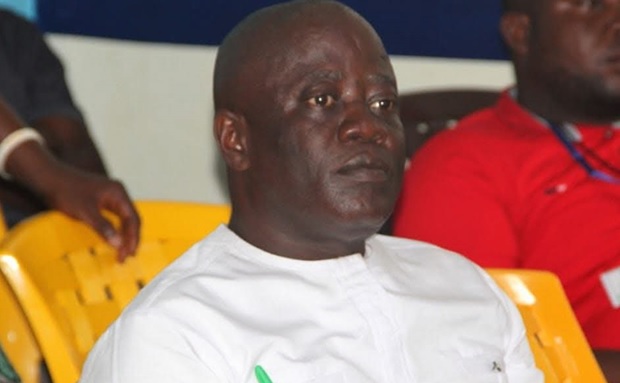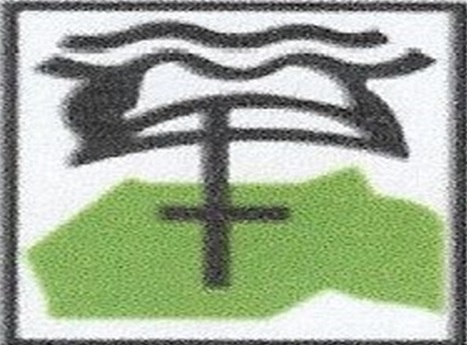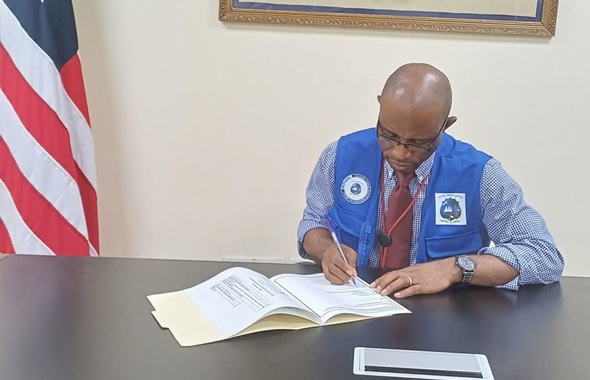MONROVIA, LIBERIA – The House of Representatives has undertaken a sweeping review of its supplementary payroll, resulting in the removal of multiple individuals whose employment has sparked questions of transparency and propriety. Among those affected is Isaac Garyeazon Redd Sr., former Deputy Director of the Liberia Broadcasting Service (LBS) and media consultant for the House. His removal was confirmed on December 22, 2024, by Representative James M. Kolleh, Chairperson of the Rules, Order, and Administration Committee.
Redd, who earned $1,000 monthly during a brief tenure from September to November 2024, was initially appointed under the leadership of former Speaker J. Fonati Koffa. However, his role became a point of contention after Koffa’s ouster, with critics questioning the legitimacy and necessity of his appointment. The controversy surrounding Redd underscores broader concerns about how payroll resources were managed under Koffa’s leadership.
Other removals include Winston Blyden and Jallah Grayfield, both journalists with ties to private entities. Blyden, a reporter for Representative Abu Kamara’s radio station, was placed on the supplementary payroll despite his external affiliation—a move seen as inconsistent with government employment norms. These dismissals are part of a larger effort by the current House leadership to eliminate irregularities and correct staffing decisions deemed inappropriate.
The payroll review has also drawn attention to practices under suspended Representative Marvin Cole. Four journalists employed by Cole’s radio station in Bong County were found on the House’s supplementary payroll, each receiving $300 monthly. Additionally, two other individuals, Emory T. Saylae and Mark Nimene, were listed on the payroll, earning $800 and $300 respectively. Nimene’s inclusion is particularly controversial, as he reportedly works for a political organization run by Cole’s wife.
Journalist James Samuel Goodday Flomo has raised allegations of widespread payroll abuse, claiming over 50 individuals with no known roles at the House were added to the supplementary payroll under Cole’s watch. Flomo described these actions as “double-dipping,” a practice where individuals are illicitly listed on both supplementary and Civil Service Agency (CSA) payrolls.
Cole, who previously served as Co-chair and later Chairperson of the Rules, Order, and Administration Committee, has fiercely defended his actions. His alleged threats to use force in defense of former Speaker Koffa have added another layer of tension to the unfolding saga.
Meanwhile, the current leadership of the House has called for greater transparency. It has requested former Speaker Koffa to submit the names of staff members from his tenure for December salary processing—a request Koffa has reportedly refused, further complicating the situation.
These revelations have reignited debates over the misuse of public resources within Liberia’s legislative body. Observers have questioned the ethical standards of lawmakers who place personal or political allies on government payrolls. Some argue that these actions erode public trust and highlight systemic corruption within the legislature.
The scandal has also exposed inconsistencies in hiring practices, as each lawmaker is entitled to employ 16 staff members under their personal payroll. The addition of external employees to the supplementary payroll suggests widespread manipulation of the system for personal gain.
As investigations continue, the House leadership has vowed to enforce stricter measures to prevent such abuses. The controversy, however, has left many questioning the depth of institutional reform required to restore accountability in Liberia’s governance structures.







